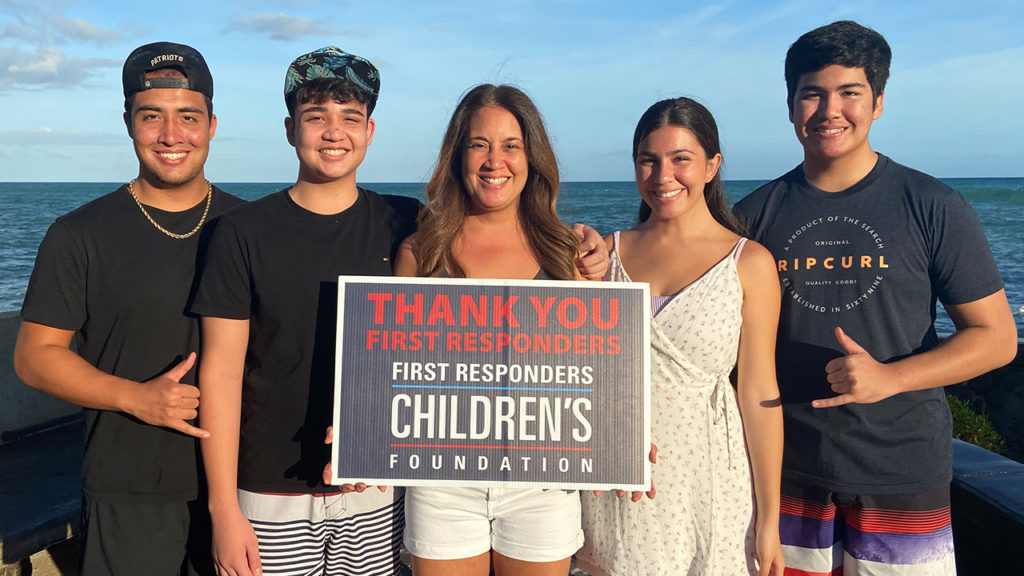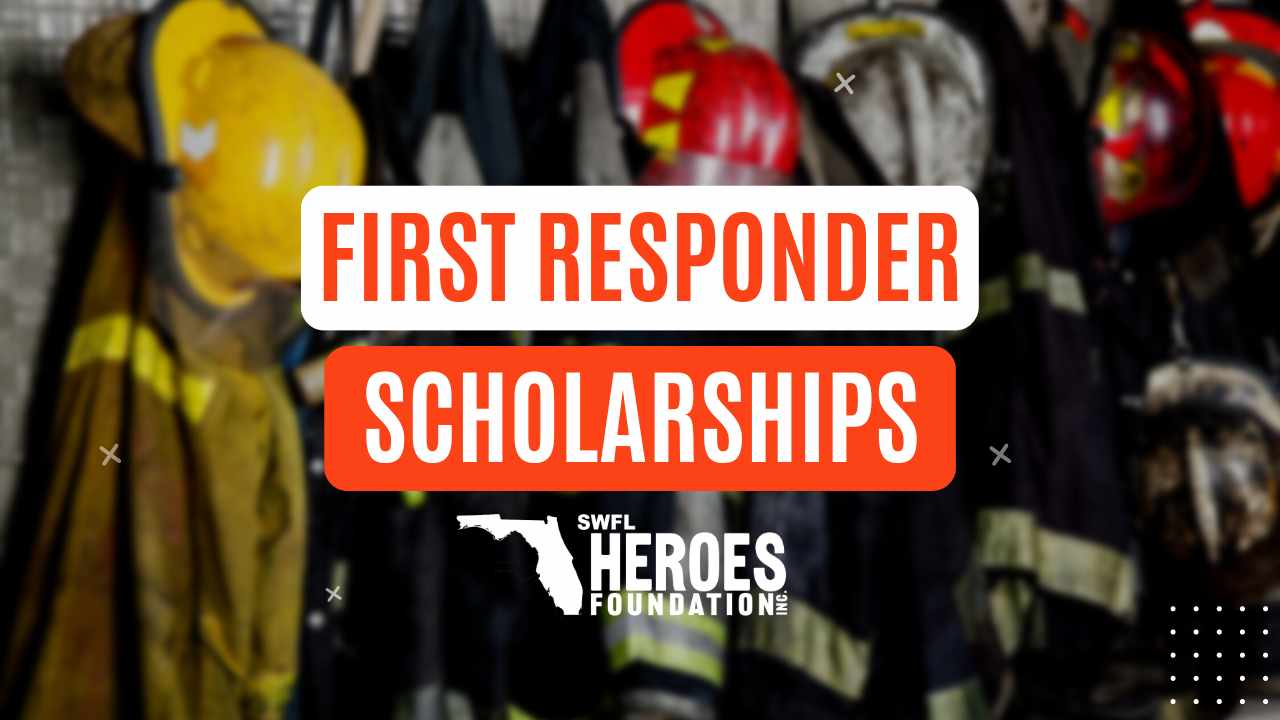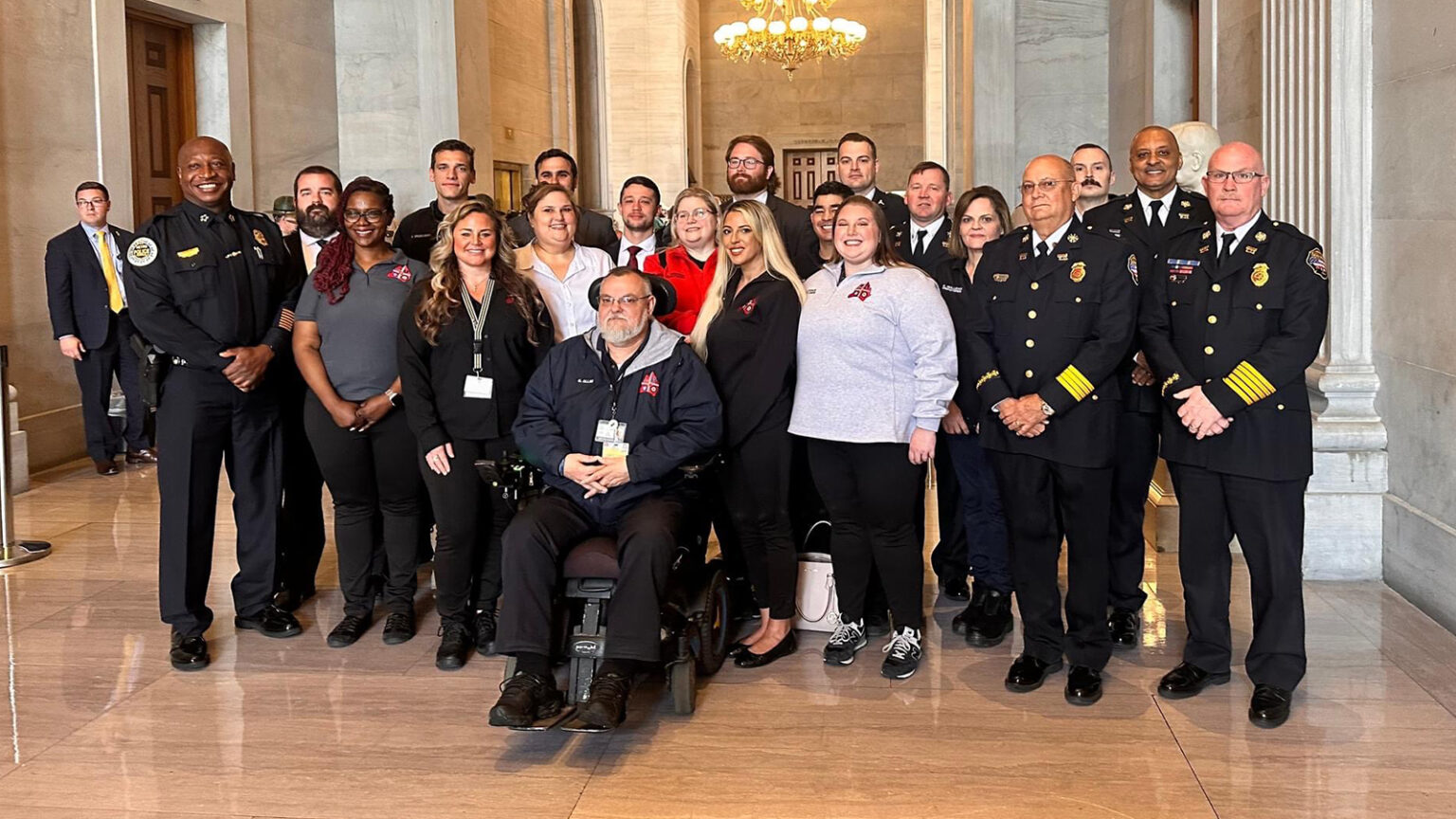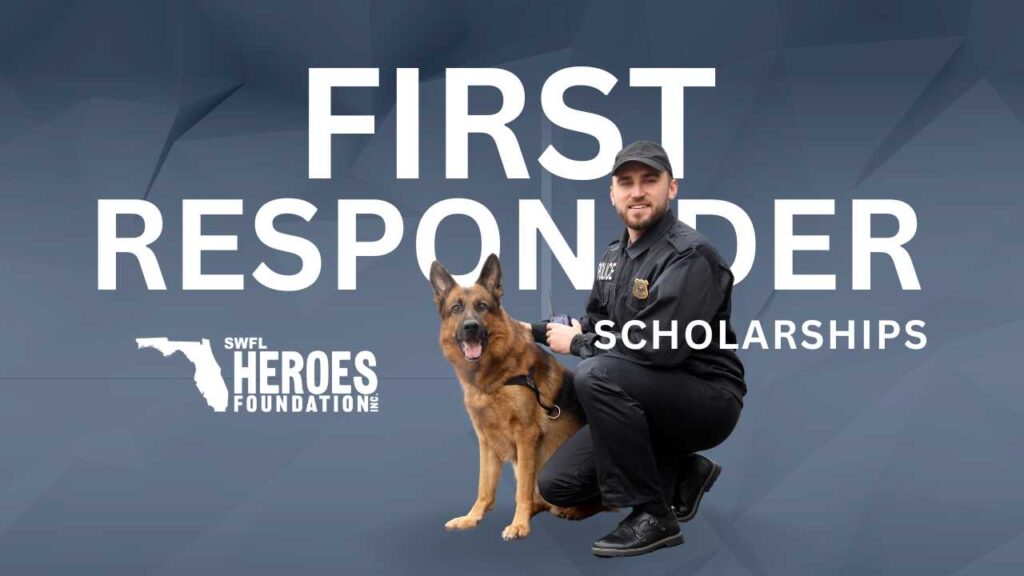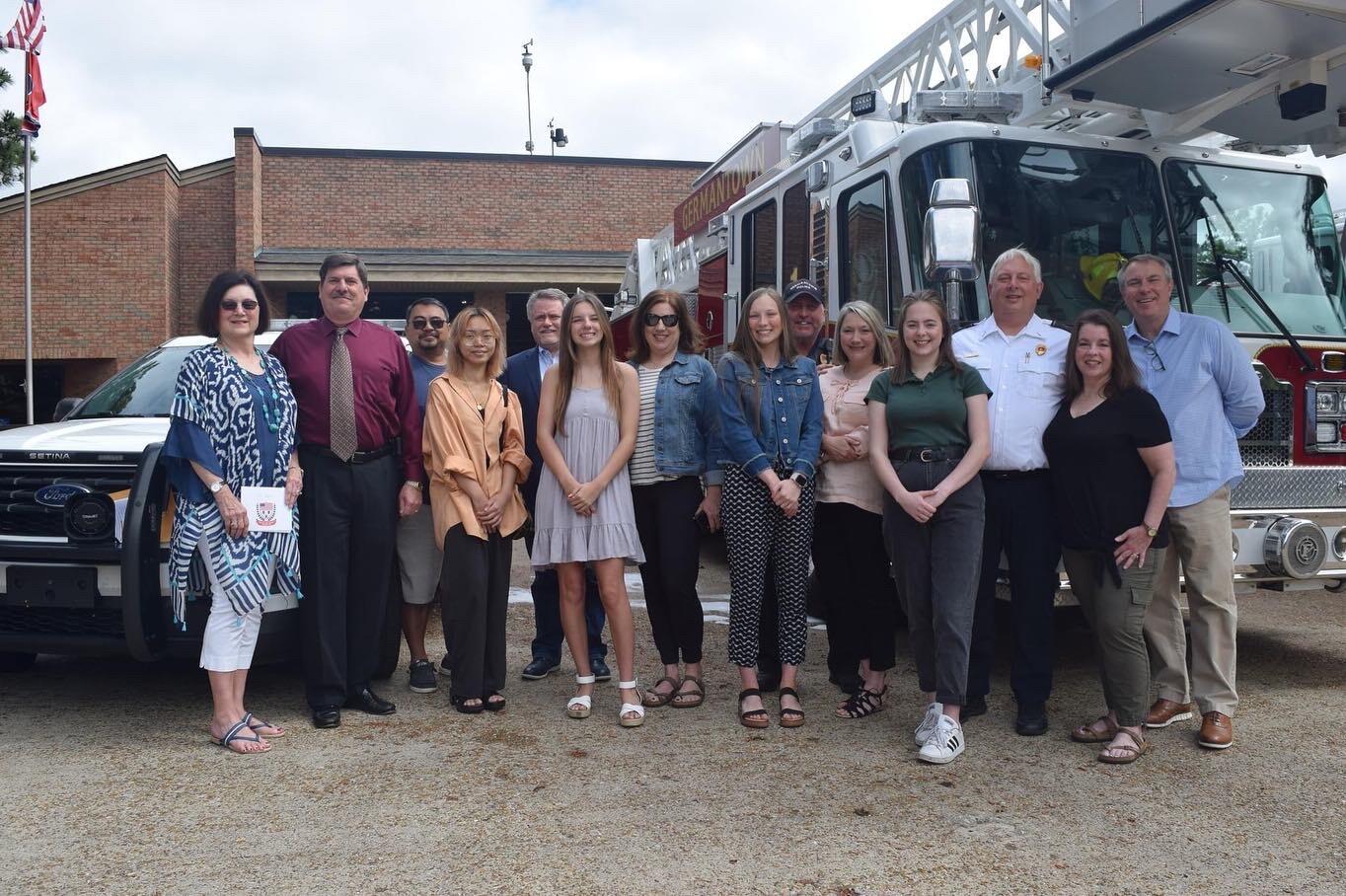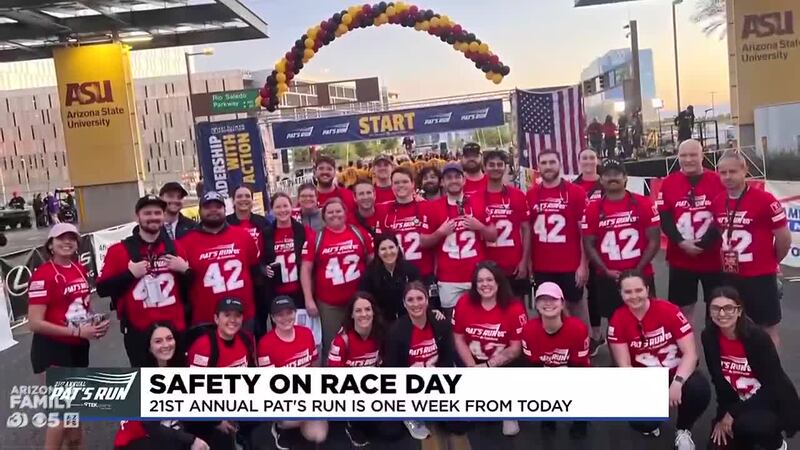Scholarships For Children Of First Responders

Across the nation, various scholarship programs are emerging to support the educational aspirations of children whose parents serve as first responders. These initiatives aim to alleviate the financial burden of higher education for families dedicated to public safety.
The growing number of these scholarships reflects a broader recognition of the sacrifices made by first responders and their families. This article examines several key scholarship programs, their eligibility requirements, funding sources, and the impact they have on the lives of recipients.
Who Benefits?
These scholarships primarily target the children of active, retired, or deceased firefighters, police officers, EMTs, and other emergency personnel. Eligibility criteria generally include academic performance, financial need, and a demonstrated commitment to community service.
Many programs require applicants to be enrolled or planning to enroll in a degree-granting program at an accredited college or university. Some scholarships also extend to vocational or technical training programs.
Key Scholarship Programs
The Federal Law Enforcement Officers Association (FLEOA) Scholarship Fund
The FLEOA Scholarship Fund provides financial assistance to the children and spouses of federal law enforcement officers. Established to honor the service and sacrifice of law enforcement families, it awards scholarships based on academic merit and financial need.
Awards typically range from $1,000 to $5,000 per year. More information can be found on the FLEOA Foundation website.
The National Fallen Firefighters Foundation (NFFF) Scholarship Program
The NFFF Scholarship Program offers scholarships to the spouses and children of firefighters who have died in the line of duty. This program aims to support the educational goals of families who have experienced profound loss.
The scholarship covers tuition, fees, and books. The amount varies depending on the individual need.
The 9/11 Scholarship Fund
Created in the aftermath of the September 11th attacks, the 9/11 Scholarship Fund provides educational assistance to the children and spouses of those killed or disabled in the attacks, including many first responders.
The fund supports undergraduate and graduate studies, as well as vocational training. This is one of the largest and most comprehensive scholarship programs of its kind.
Funding Sources
The funding for these scholarships comes from a variety of sources. These include private donations, corporate sponsorships, fundraising events, and government grants.
Many organizations rely on the generosity of individuals and businesses to sustain their scholarship programs. These donations are critical to providing financial support to deserving students.
The Impact
These scholarships have a significant impact on the lives of recipients and their families. They provide access to higher education that might otherwise be unattainable.
Recipients often express gratitude for the financial relief and the opportunity to pursue their academic and career goals. The scholarships allow students to focus on their studies without the burden of excessive financial stress.
"This scholarship has made it possible for me to attend college and pursue my dream of becoming a nurse," says Sarah Miller, a recipient of the NFFF Scholarship. "I am incredibly grateful for the support."
The Human-Interest Angle
Consider the story of David, whose father, a police officer, was injured in the line of duty. The injury resulted in significant medical expenses and a reduction in family income. David was unsure how he would afford college until he received a scholarship from the FLEOA Scholarship Fund.
With the scholarship, David is now studying criminal justice and hopes to follow in his father's footsteps. His story highlights the tangible impact of these programs on individuals and families facing adversity.
Future Outlook
As the cost of higher education continues to rise, the need for scholarships for children of first responders will only increase. Continued support and expansion of these programs are essential to ensuring that these deserving students have the opportunity to succeed.
Efforts to raise awareness about these scholarships and to encourage donations are crucial. By investing in the education of children of first responders, society is investing in the future of our communities.
Ultimately, these scholarships serve as a testament to the dedication and sacrifice of first responders and their families. They represent a commitment to supporting those who protect and serve our communities.



